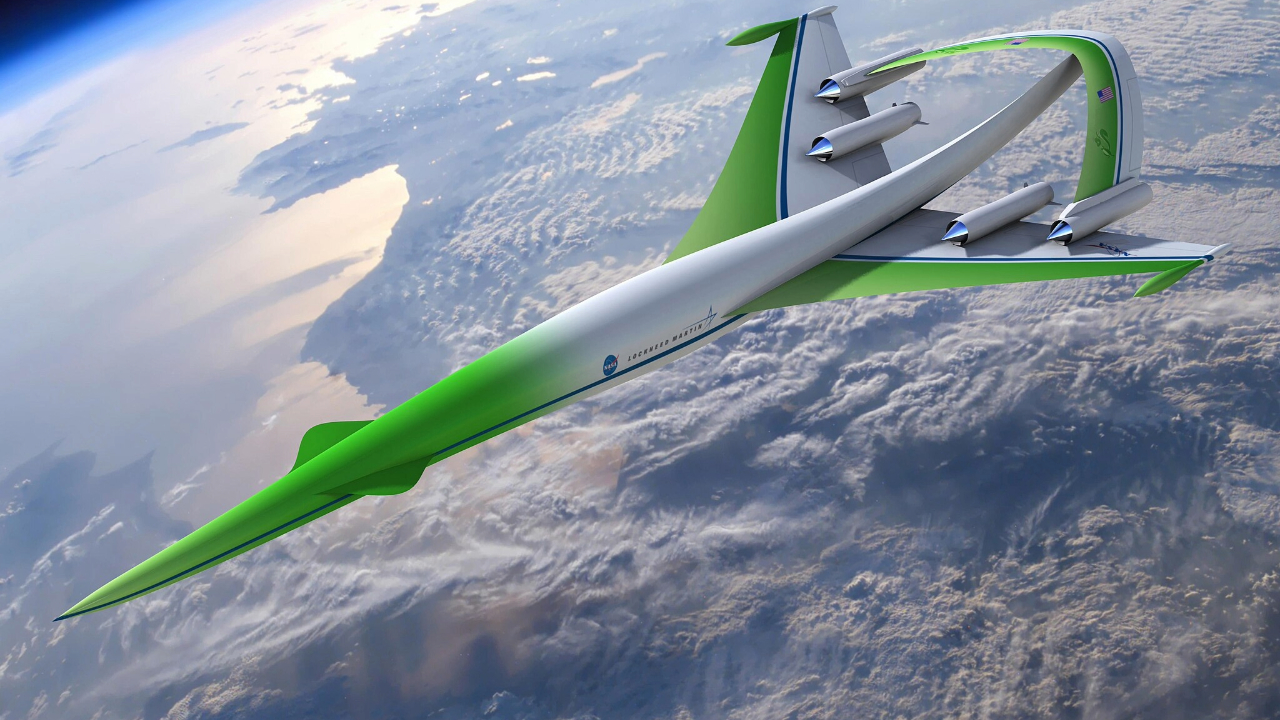
Meghan Bartels
Meghan is a senior writer at Space.com and has more than five years' experience as a science journalist based in New York City. She joined Space.com in July 2018, with previous writing published in outlets including Newsweek and Audubon. Meghan earned an MA in science journalism from New York University and a BA in classics from Georgetown University, and in her free time she enjoys reading and visiting museums. Follow her on Twitter at @meghanbartels.
Latest articles by Meghan Bartels

Google doodle celebrates female Turkish astrophysicist Dilhan Eryurt
By Meghan Bartels published
On the 51st anniversary of the Apollo 11 moon landing, the Google doodle program chose to commemorate the scientific legacy of Turkish astrophysicist Dilhan Eryurt.
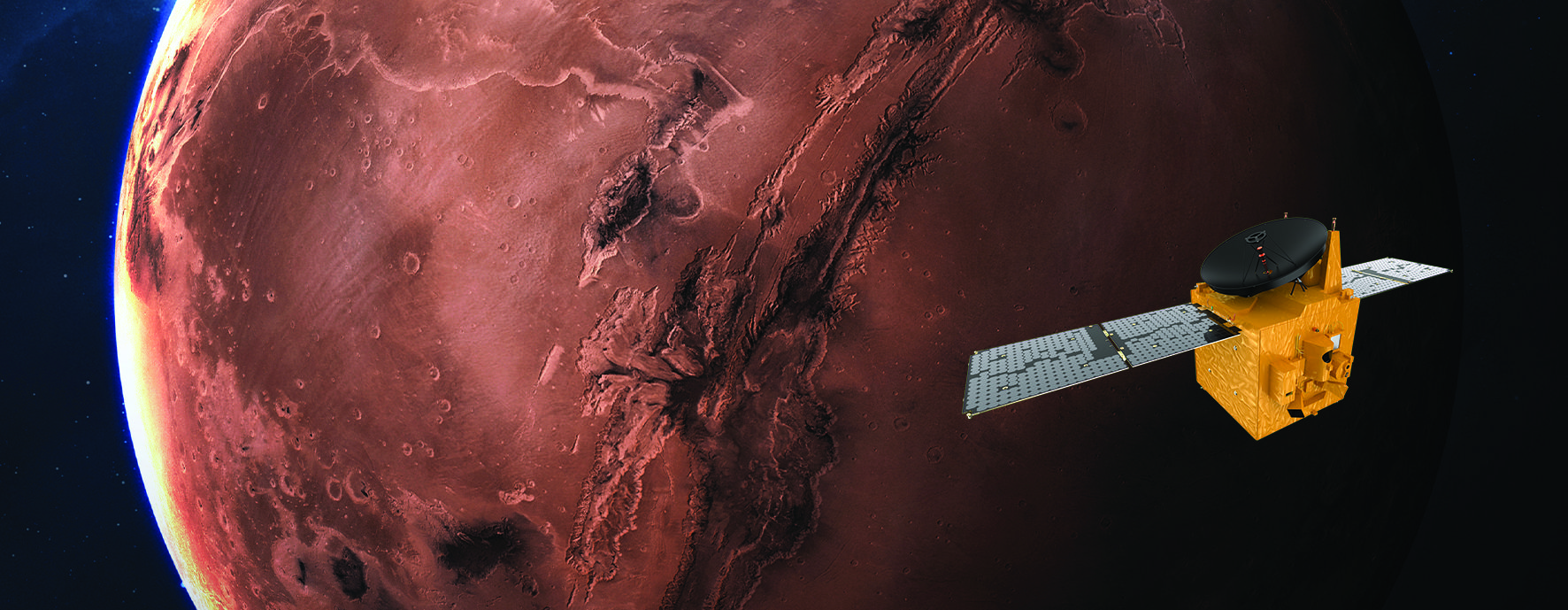
What's next for Hope Mars orbiter? UAE faces long journey to Red Planet.
By Meghan Bartels published
The United Arab Emirates is bound for Mars.
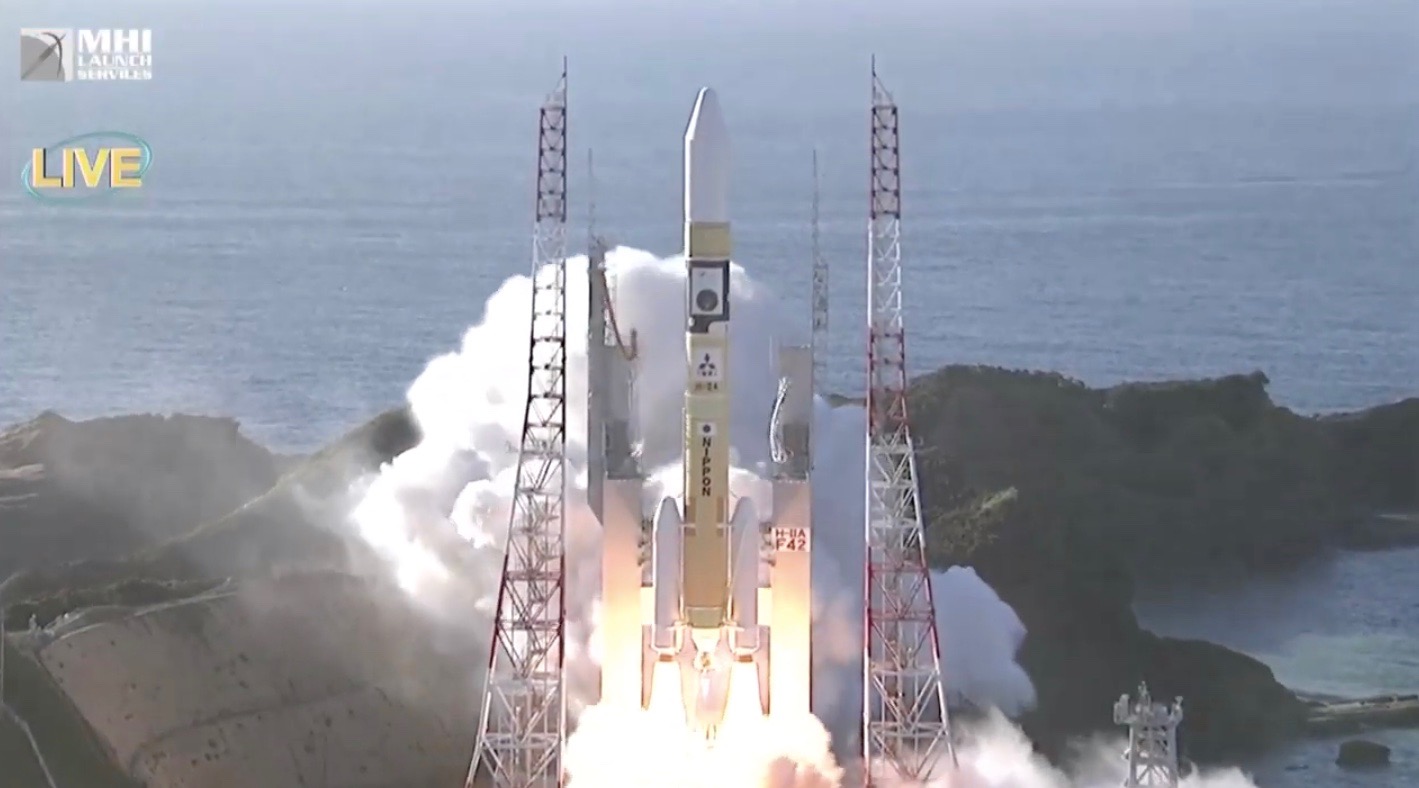
United Arab Emirates launches 'Hope' mission to Mars on Japanese rocket
By Meghan Bartels published
A mission called Hope, the Arab region's first attempt to go interplanetary, is now on its way to Mars.
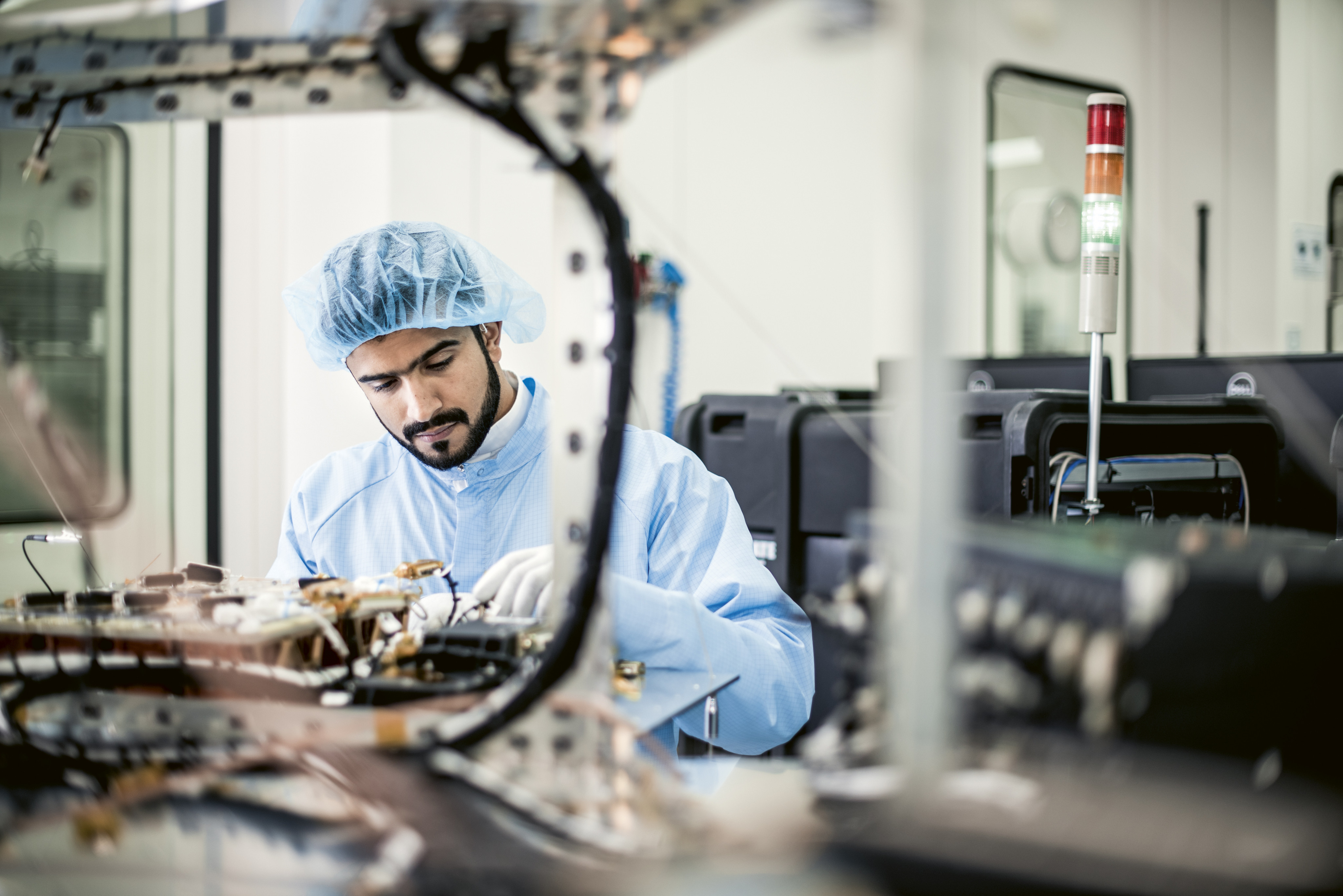
The UAE's Hope Mars orbiter: Here's 6 things to know about the historic mission
By Meghan Bartels published
The United Arab Emirates is sending a spacecraft called Hope to Mars in what will, if successful, become the first interplanetary mission based out of the Arab region.
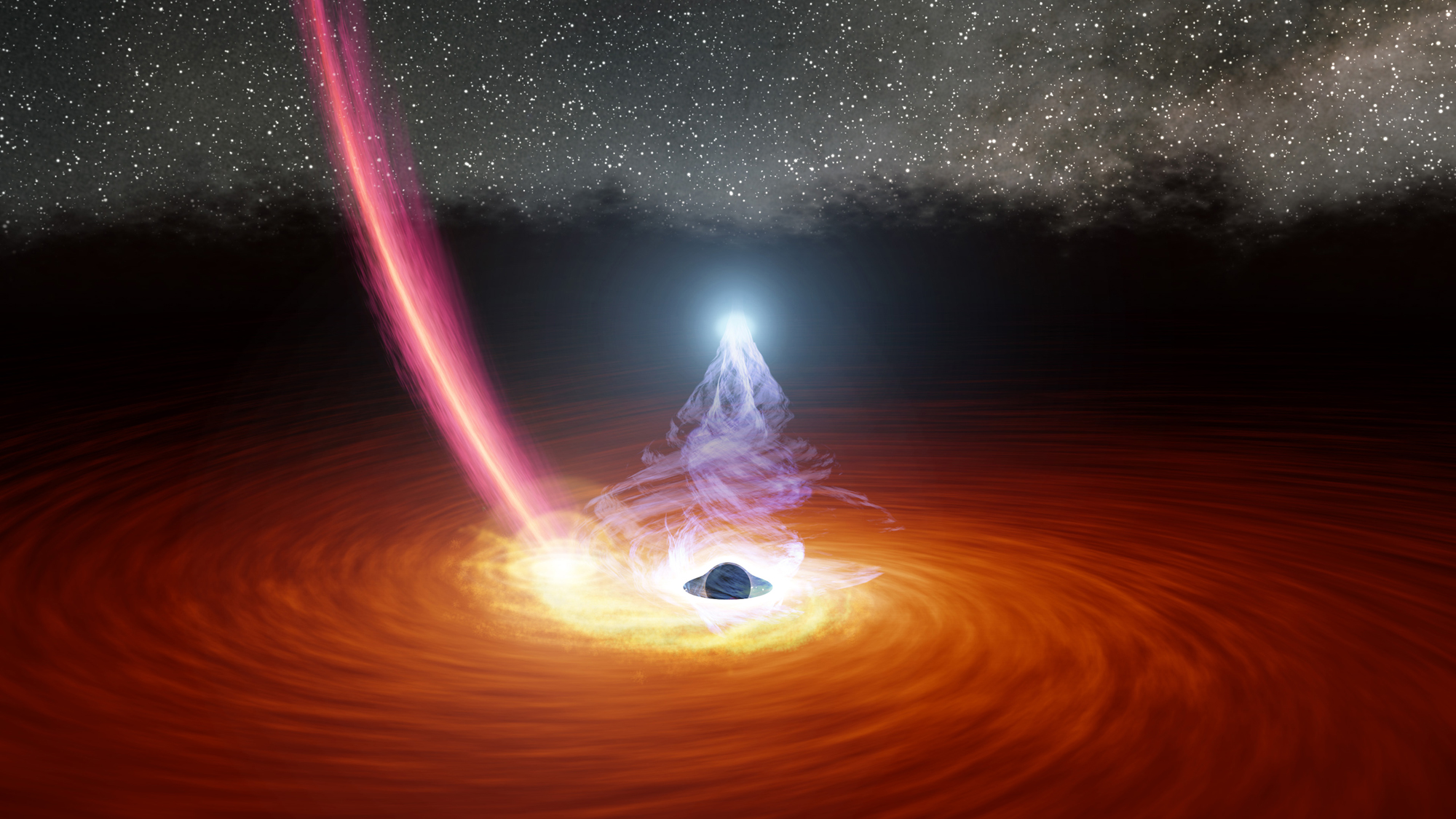
The mystery of a black hole's disappearing (and reappearing) meal may be solved
By Meghan Bartels published
What does it mean when a black hole suddenly stops gobbling up gas completely — and then just as suddenly starts again, hungrier than ever?
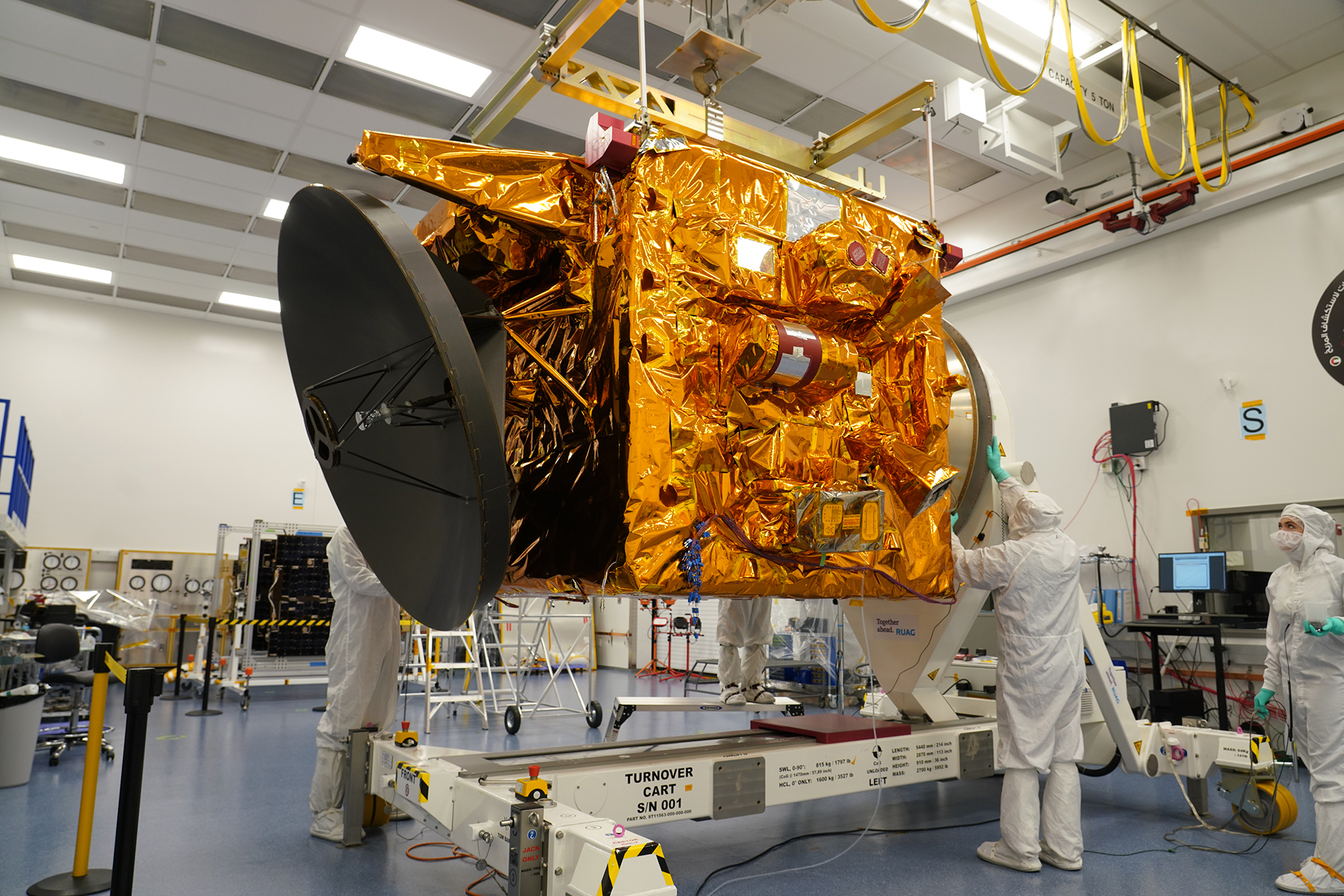
The UAE's Hope Mars orbiter launch delayed to next week due to bad weather
By Meghan Bartels published
A historic Mars launch has been delayed again by troublesome weather conditions at the launch site.
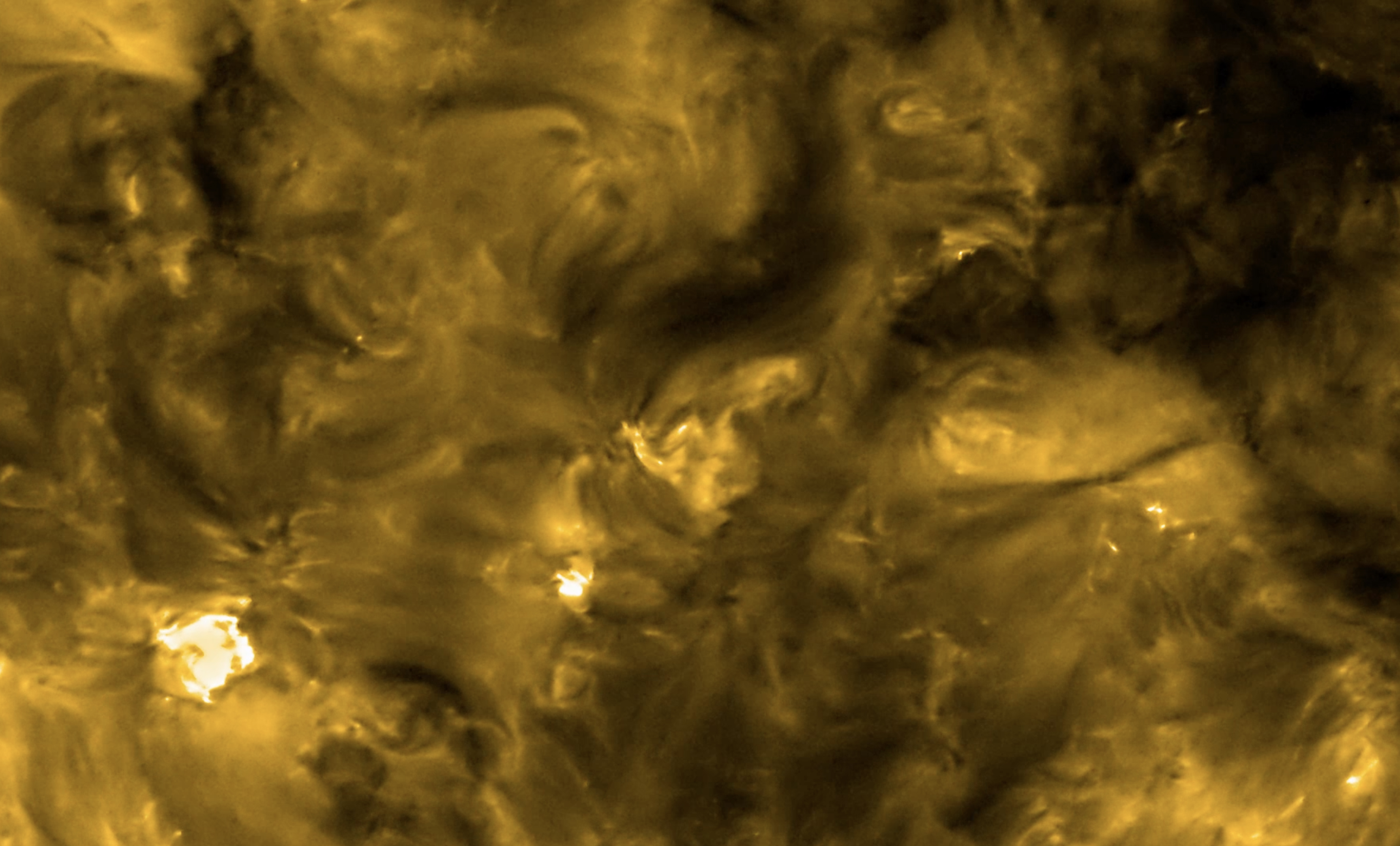
Weird country-size 'campfires' on the sun revealed in closest-ever photos
By Meghan Bartels published
It took just one round of photographs from a new solar science spacecraft for scientists to learn something new about the sun.
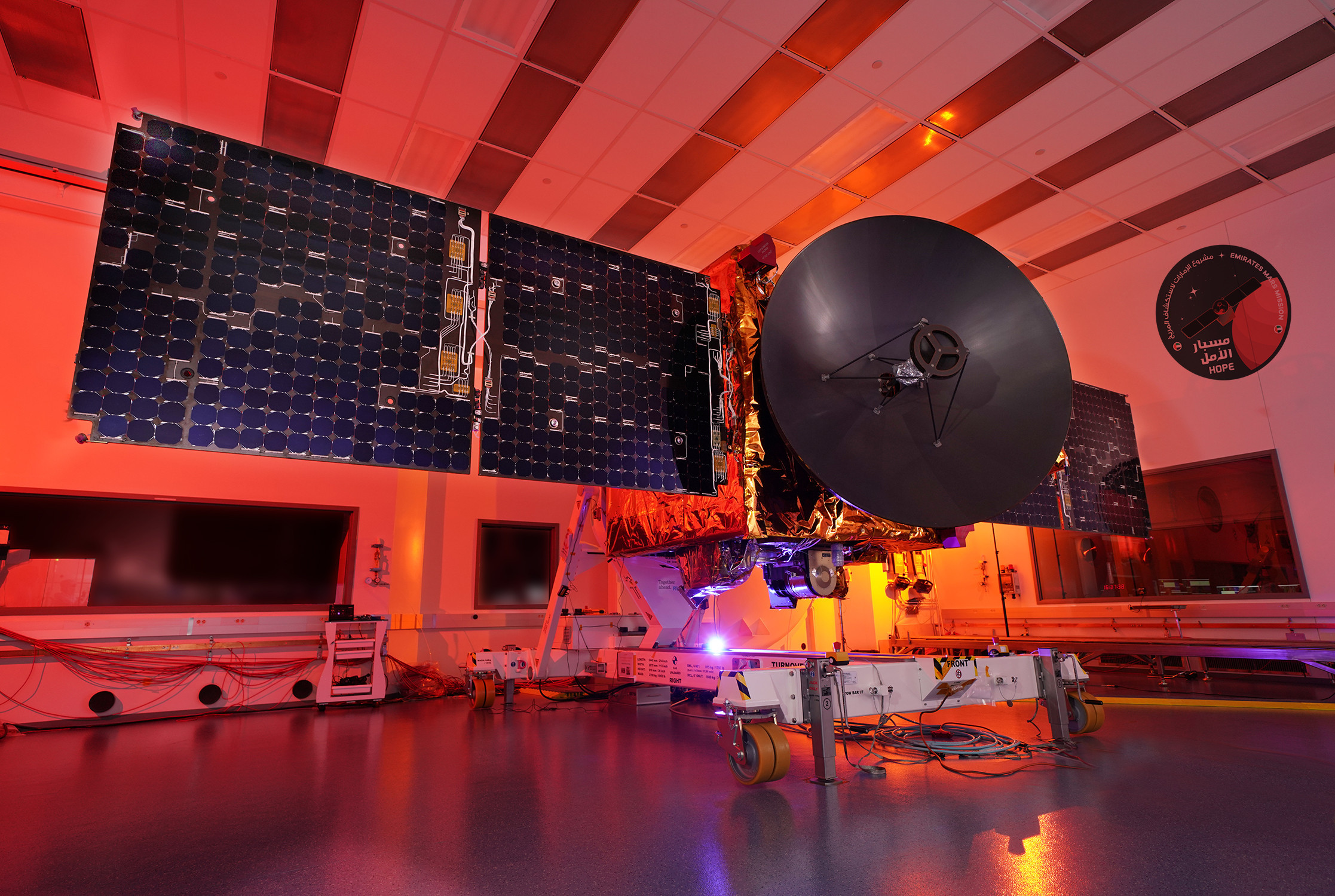
Bad weather delays launch of UAE's first mission to Mars
By Meghan Bartels published
The launch of the UAE's first Mars mission Hope was delayed to July 16, a two-day slip, due to bad weather at its Japanese launch site.
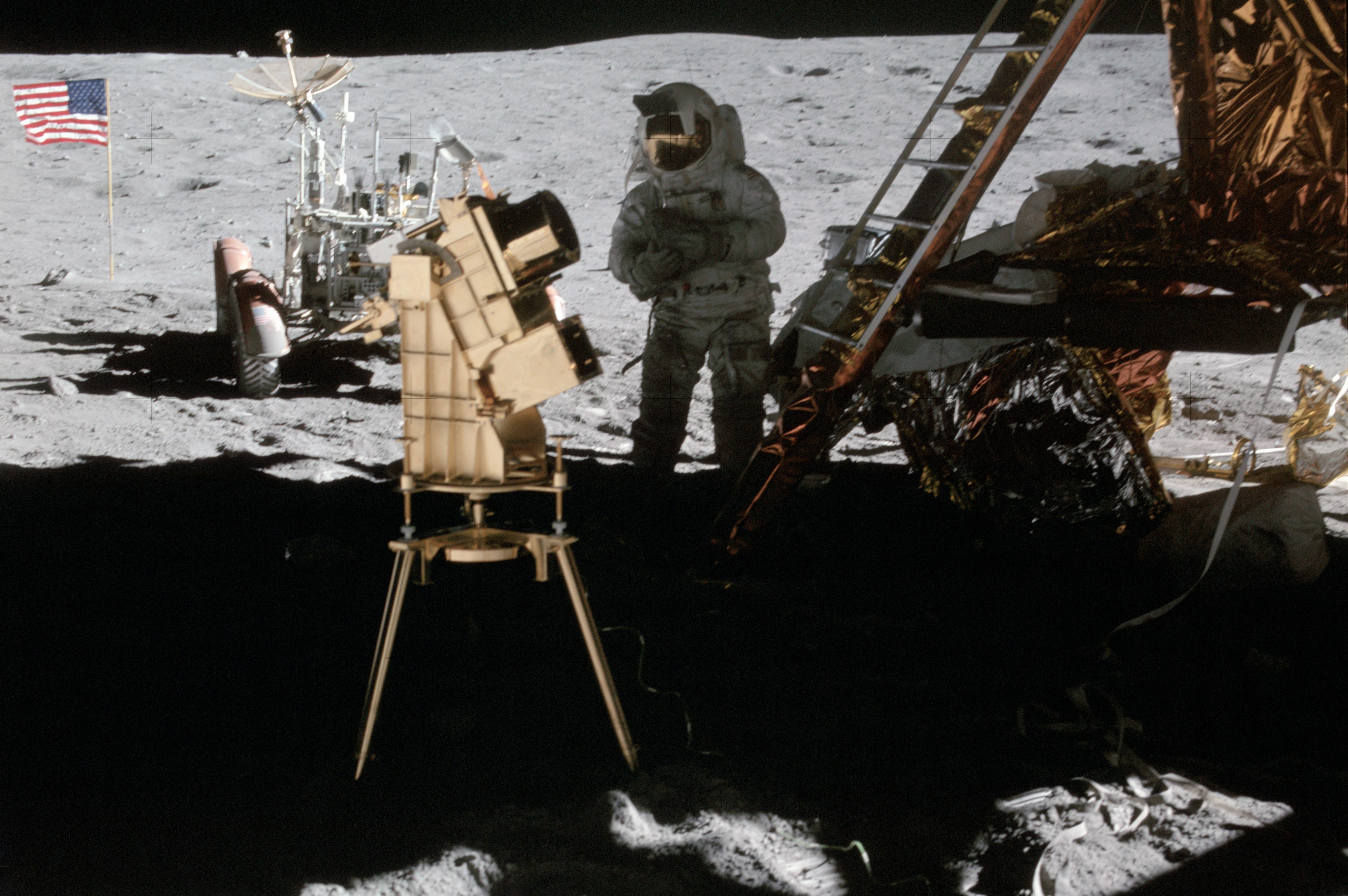
Astronomers want to get in on NASA's push to the moon
By Meghan Bartels published
NASA wants to go to the moon, and astrophysicists want their instruments to ride along too.
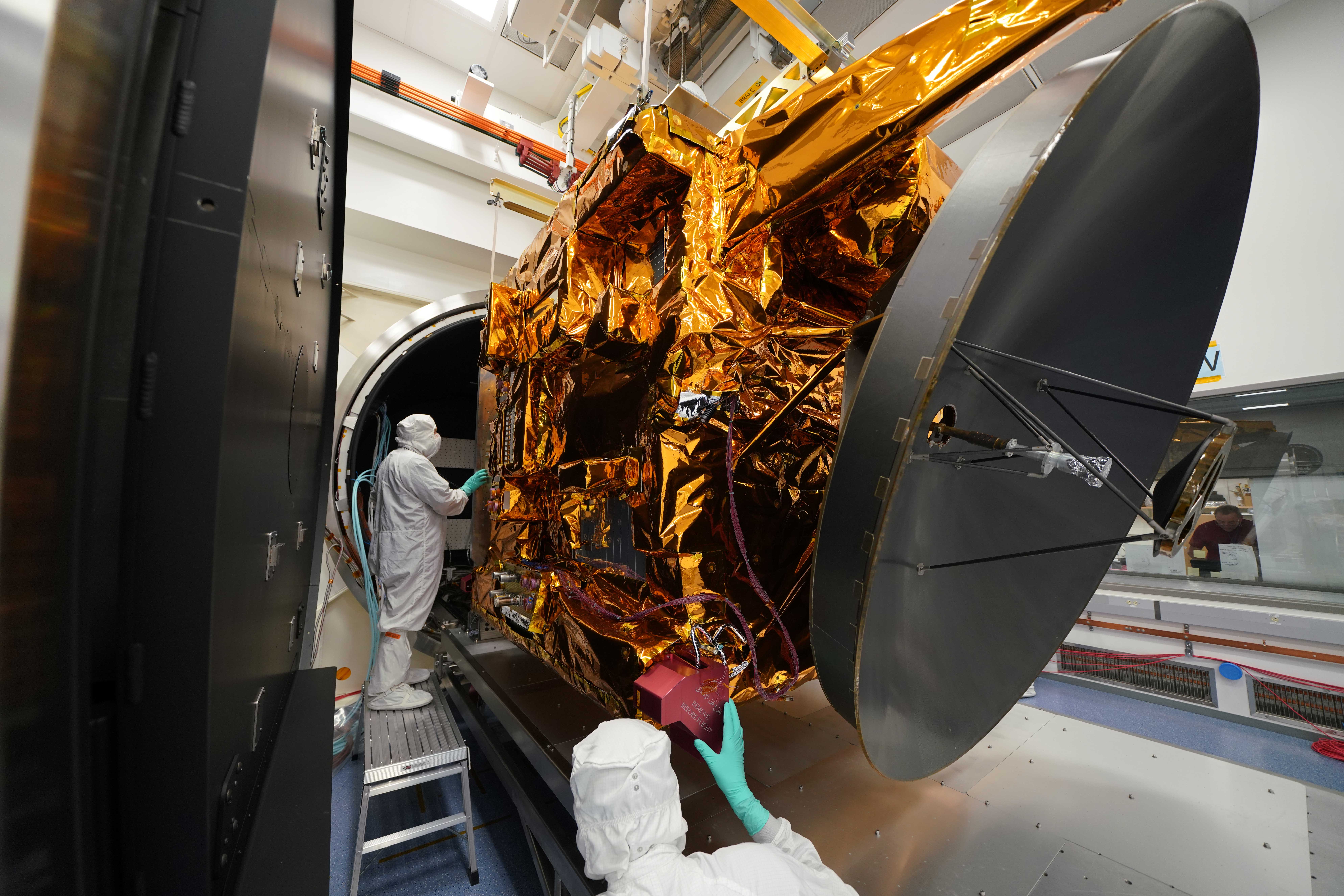
The UAE wants to rewrite what we know about weather on Mars
By Meghan Bartels published
A nagging problem with planets is that they are just so large: Send a spacecraft to one patch of a planet and inevitably, some of the things you learn will apply only right there.
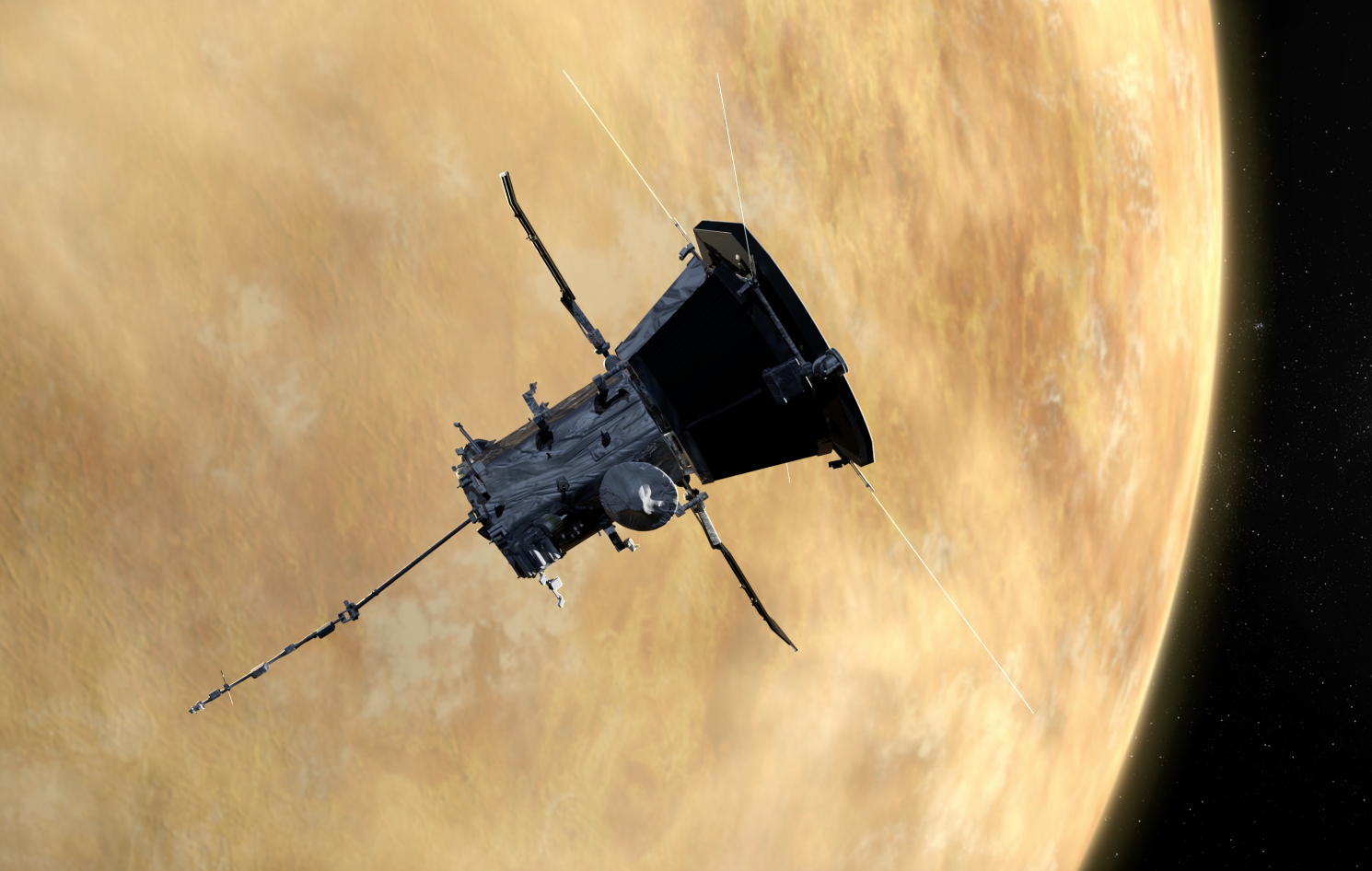
NASA's Parker Solar Probe swings through Venus 'tail' in flyby today
By Meghan Bartels last updated
A daring sun-grazing NASA spacecraft turns its focus to Venus today (July 10) with a critical flyby that will pass through the planet's weird "tail."
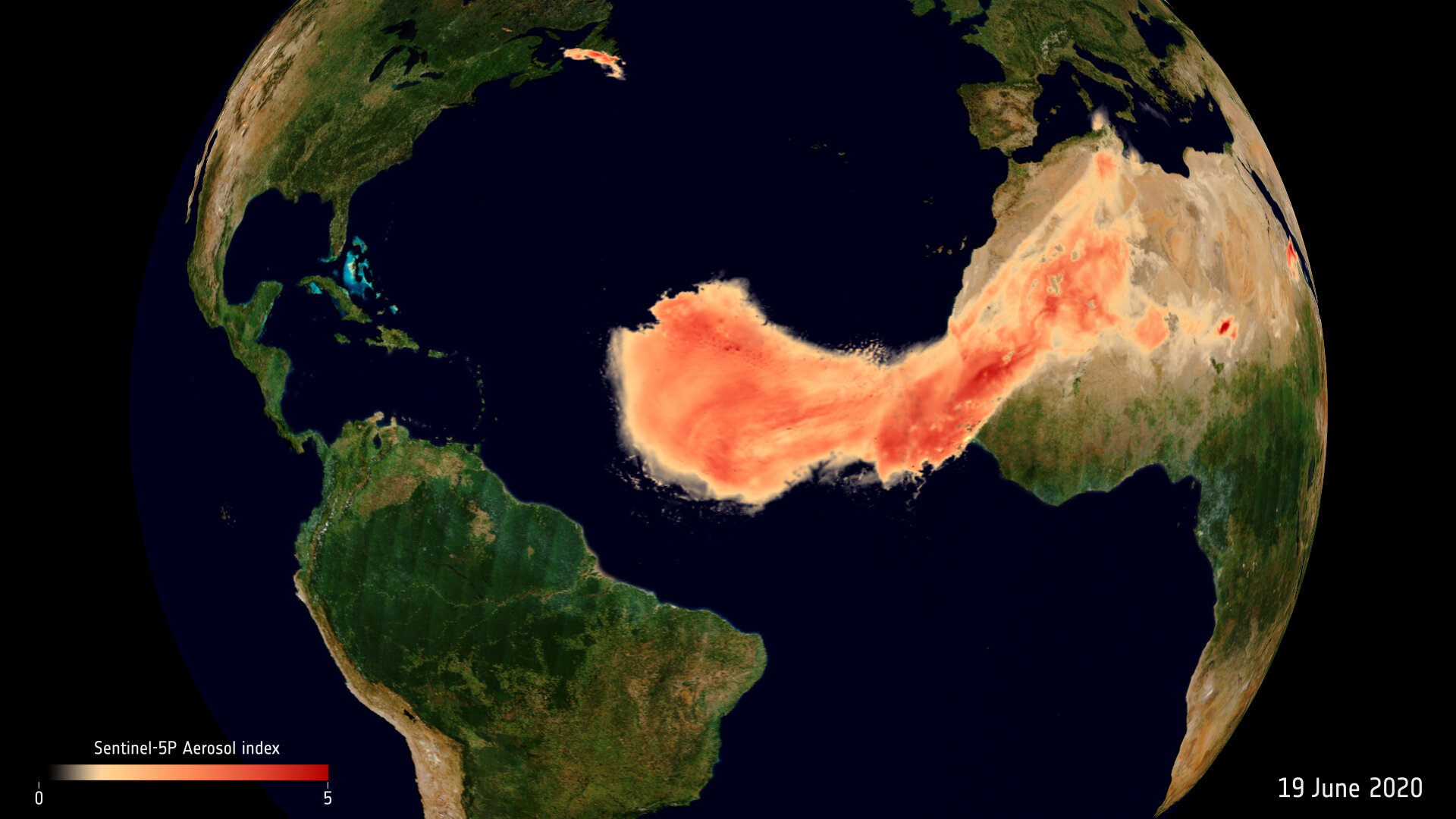
Satellite sees 'Godzilla' dust plume sweep across the Atlantic Ocean
By Meghan Bartels published
Each year, dust from the Sahara Desert blows off Africa and across the Atlantic, but most years that plume isn't so massive it's nicknamed "Godzilla."
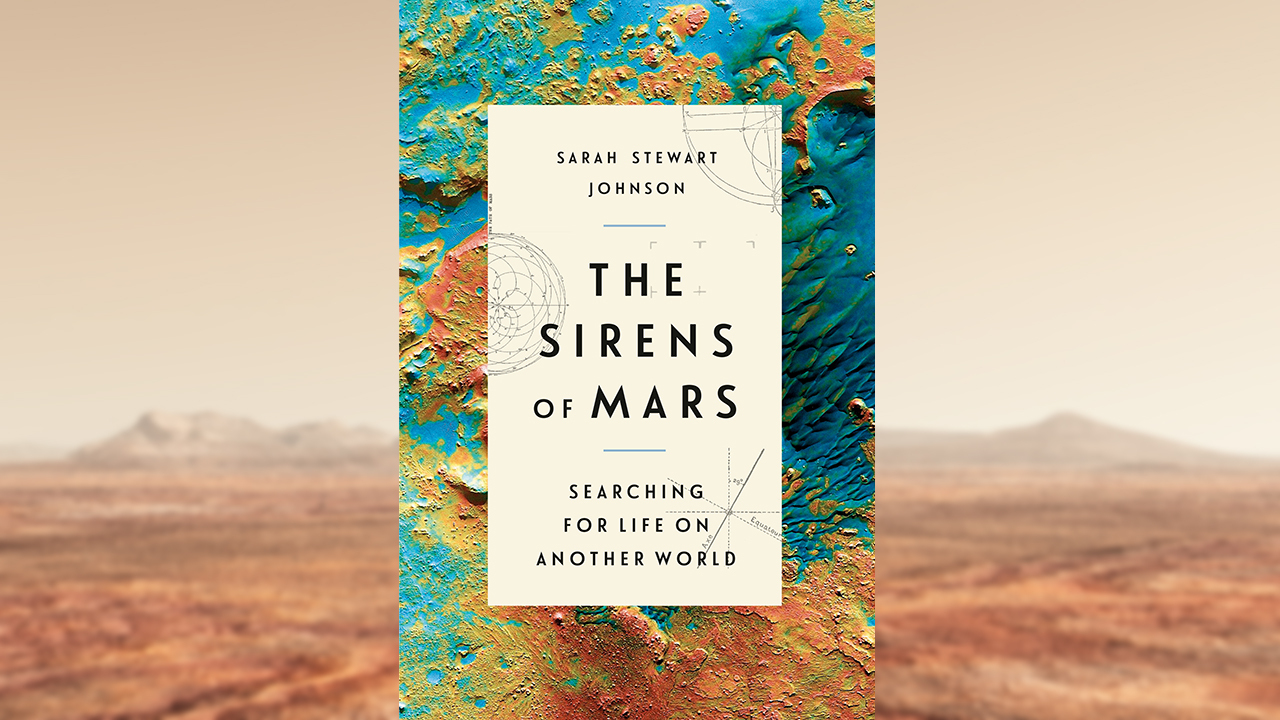
'The Sirens of Mars' tells of the search for life on Mars
By Meghan Bartels last updated
Studying Mars has been by turns tantalizing and heart-breaking, a constant dance as improving technology builds or dims hopes of finding life on our red neighbor.

A Mars 'Hope': The UAE's 1st interplanetary spacecraft aims to make history at Red Planet
By Meghan Bartels published
Next week, the United Arab Emirates will launch its first-ever interplanetary mission, a Mars orbiter that the nation hopes will inspire the region and advance Red Planet science.
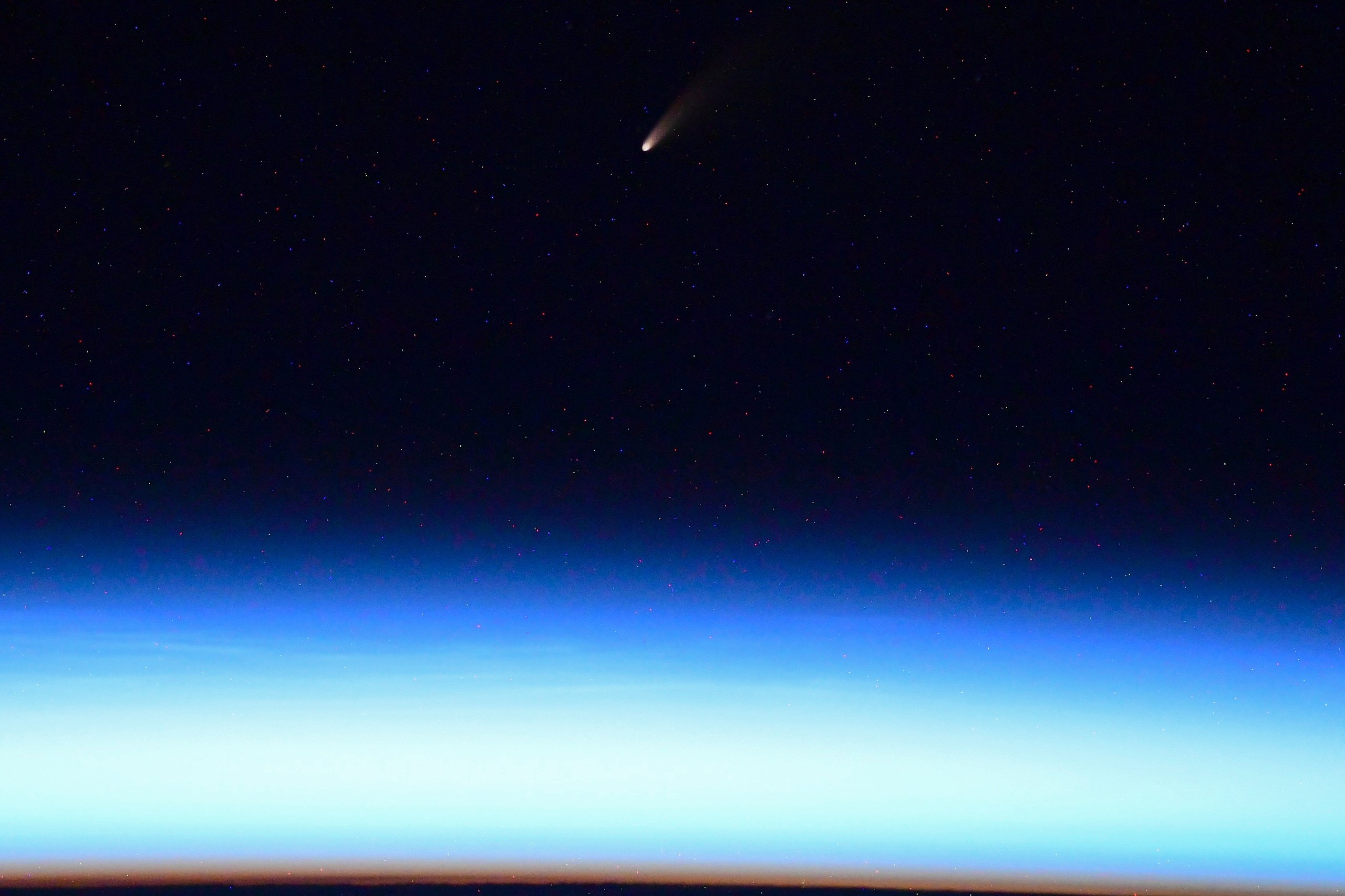
Comet NEOWISE shines in stunning photos from the International Space Station
By Meghan Bartels published
Astronauts caught a stunning natural light show this weekend from a comet that has been dazzling skywatchers on Earth as well.

Cosmic 'fireworks' shine in baby star cluster and distant galaxy
By Meghan Bartels published
A high-powered telescope array has caught the brilliant fireworks-like "streamers" of gas formed during an early stage of star development in a cluster.

NASA's first Space Launch System megarocket core powers up for 'green run' test
By Meghan Bartels published
The coronavirus pandemic has slowed testing of NASA's next megarocket, but the monthslong process is resuming and has checked off a key milestone: powering up the core stage.
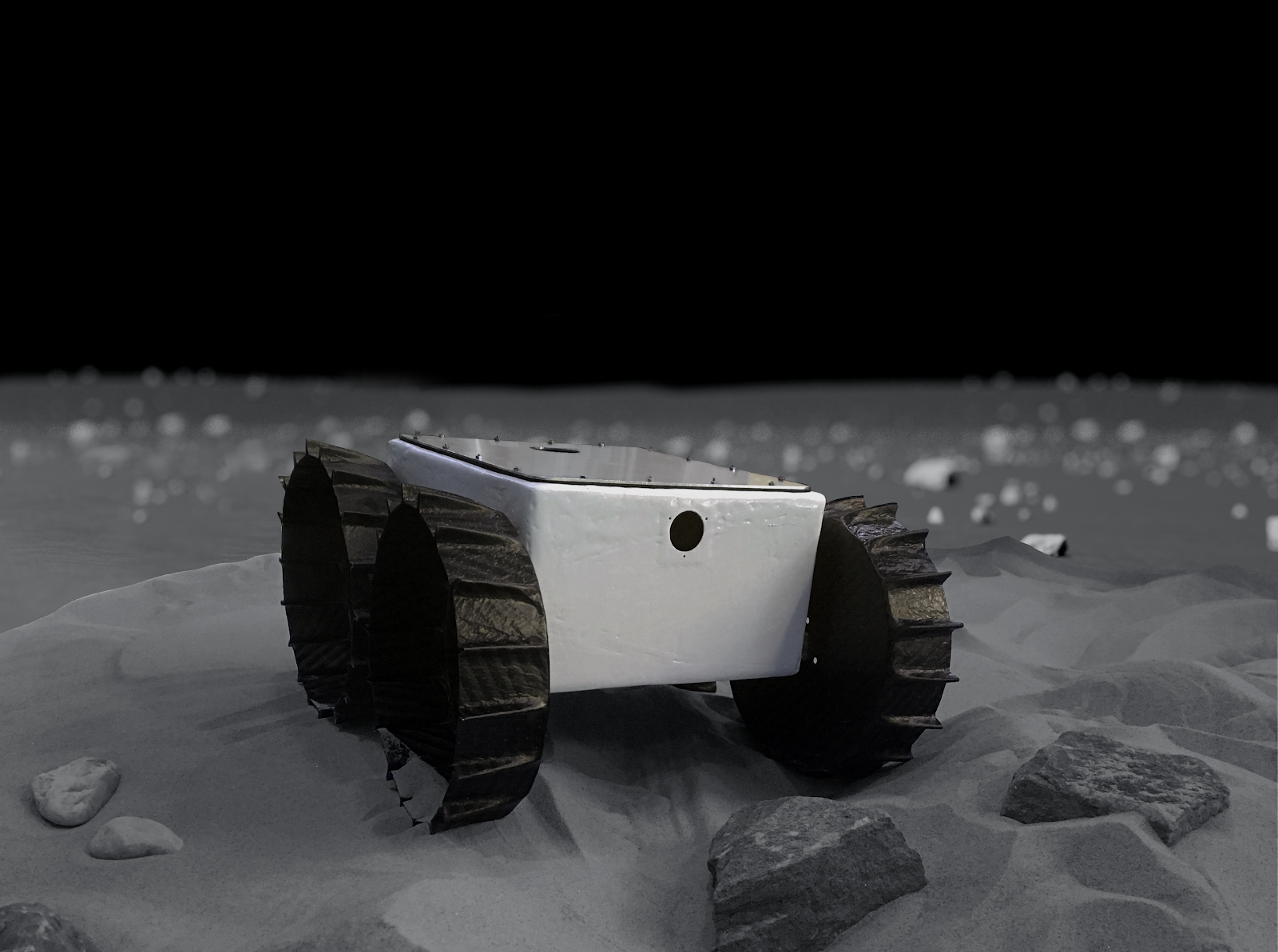
Tiny, simple moon rovers will bring cubesat science to the lunar surface
By Meghan Bartels published
Cubesats have revolutionized orbital science, and a rover counterpart may soon do the same for surface science, beginning on the moon.
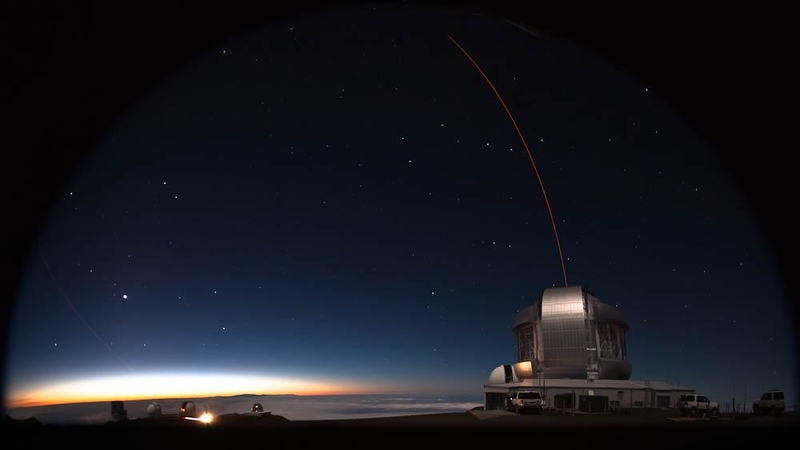
'The Goblin' dwarf planet and an ancient quasar receive Hawaiian names
By Meghan Bartels published
Two incredibly strange celestial objects whose discoveries trace, in part, to observatories at the summit of Maunakea now carry the peak with them in official names inspired by Hawaiian culture.
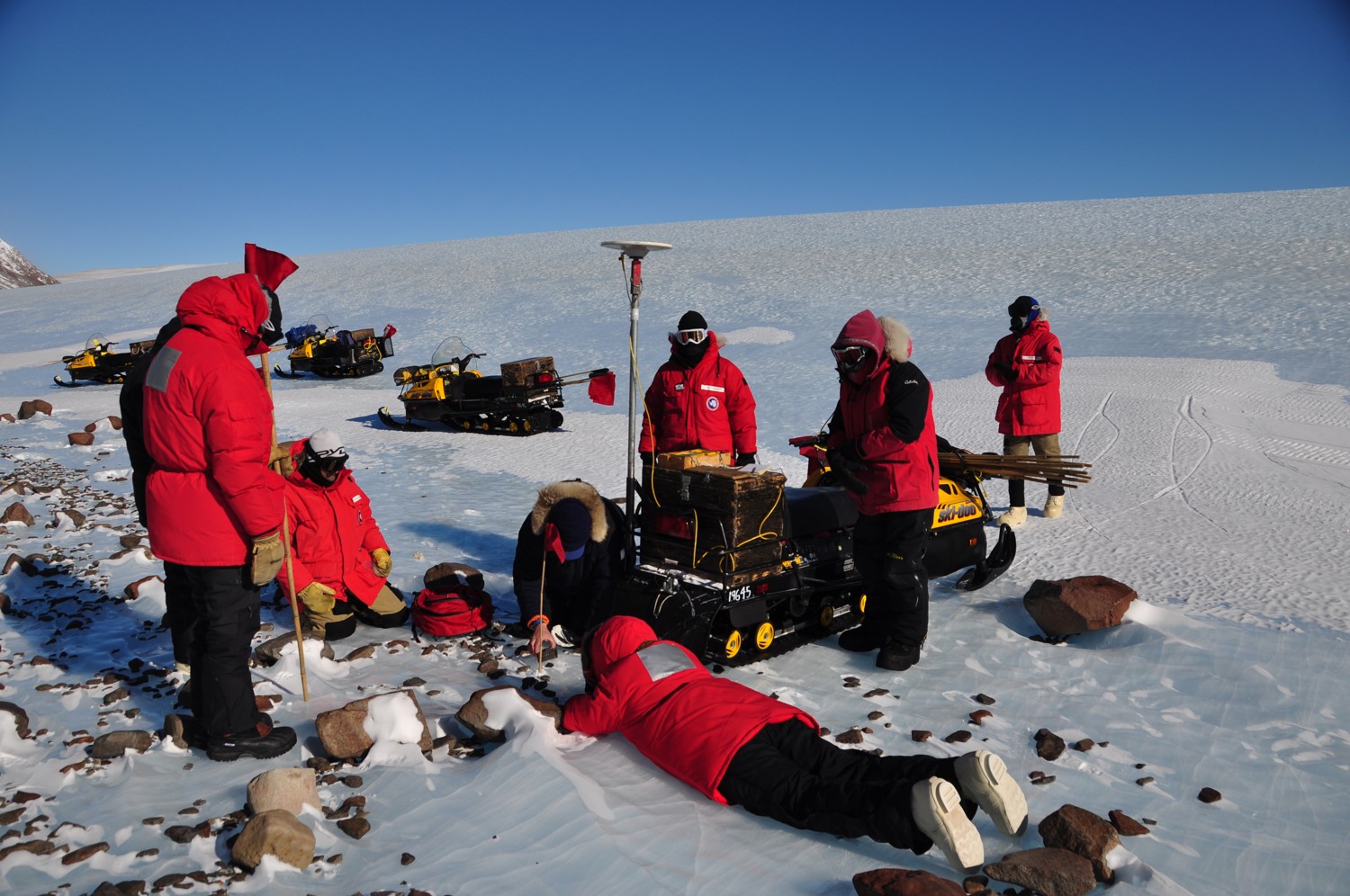
Want to learn how to survive on Mars? Look to Antarctica.
By Meghan Bartels published
One is blinding white and the other a dull, dusty red. But both are cold, barren worlds, difficult to reach and full of tantalizing scientific mysteries.
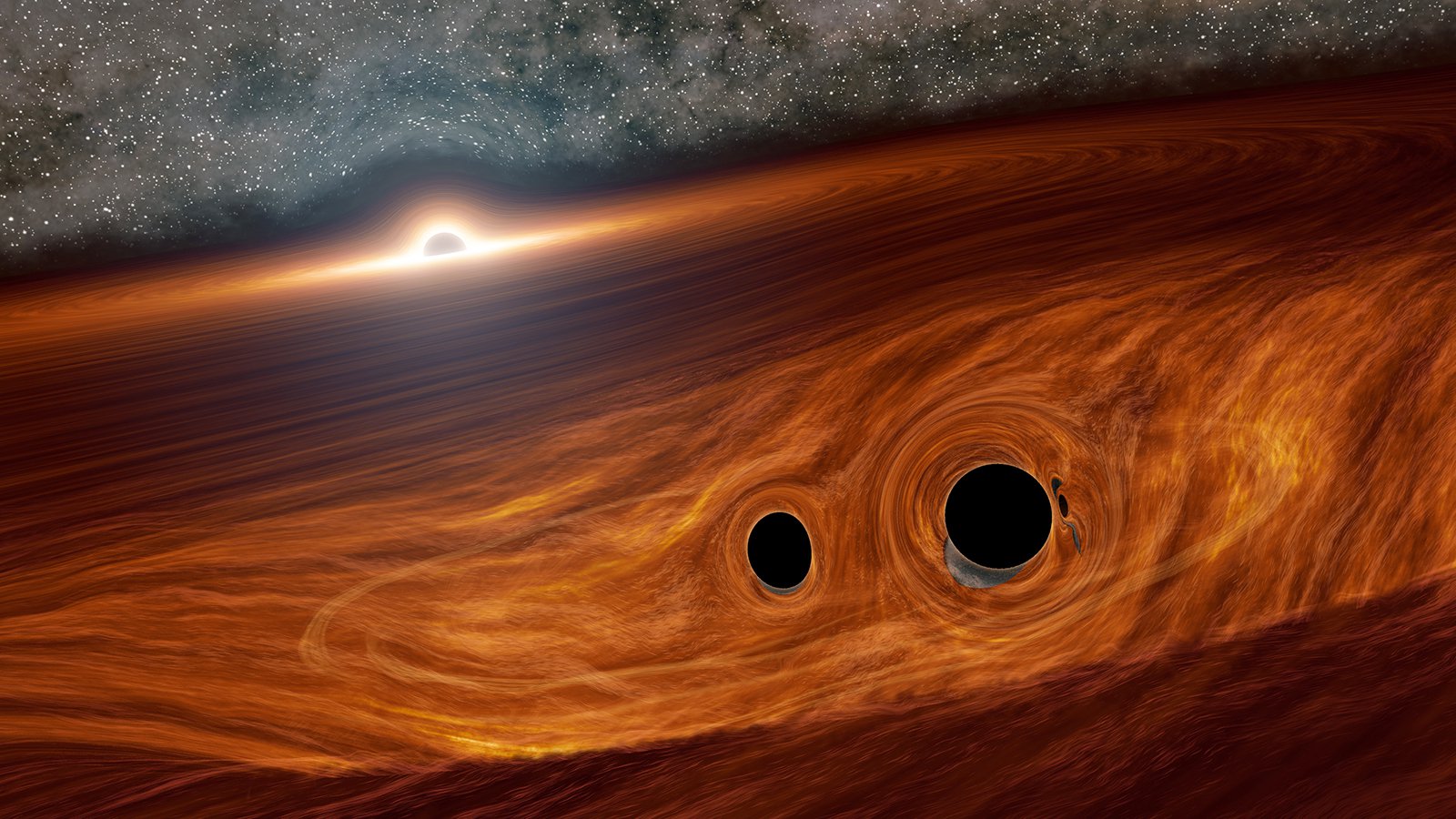
Scientists spot flash of light from colliding black holes. But how?
By Meghan Bartels published
It's right there in the name: black holes aren't supposed to produce flashes of light. But scientists think that last year, they spotted black holes doing just that.

Russia, Space Adventures to fly 2 tourists to space station in 2023. (Spacewalk included!)
By Meghan Bartels published
A U.S. space tourism company has booked two passenger seats on a Russian Soyuz capsule headed to the International Space Station in 2023, and one of those tourists will take part in a spacewalk.
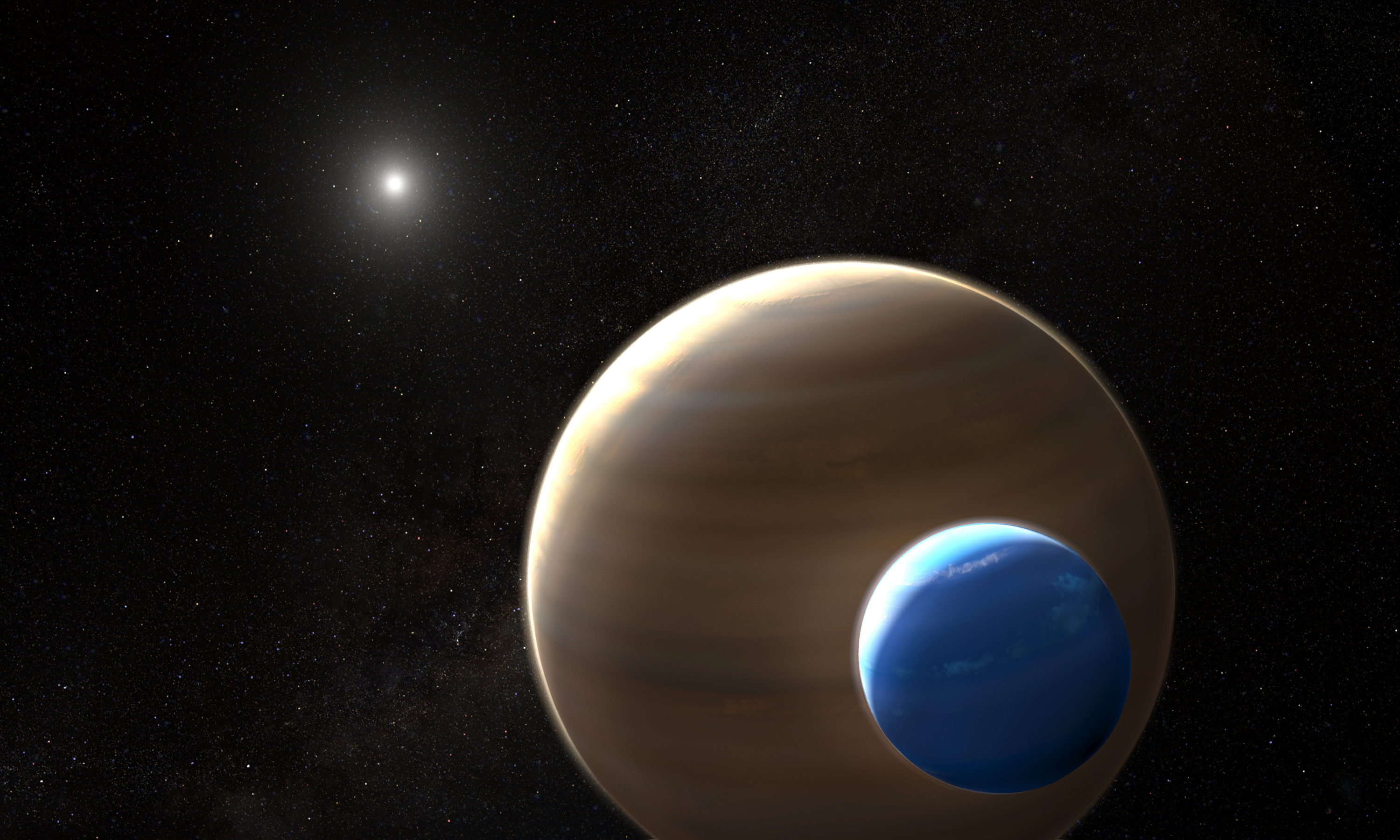
6 exomoons orbiting alien worlds? Well, it's complicated.
By Meghan Bartels published
In our neighborhood, three quarters of planets have at least one moon, but no such object has been confidently discovered so far in distant star systems — such worlds are just too small and far away.

NASA teams with Japan, Europe for COVID-19 global impacts project
By Meghan Bartels published
Three space agencies have pulled together data monitoring the global impact of the COVID-19 pandemic into one joint information source in hopes of assisting understanding of the public health crisis.
Breaking space news, the latest updates on rocket launches, skywatching events and more!

